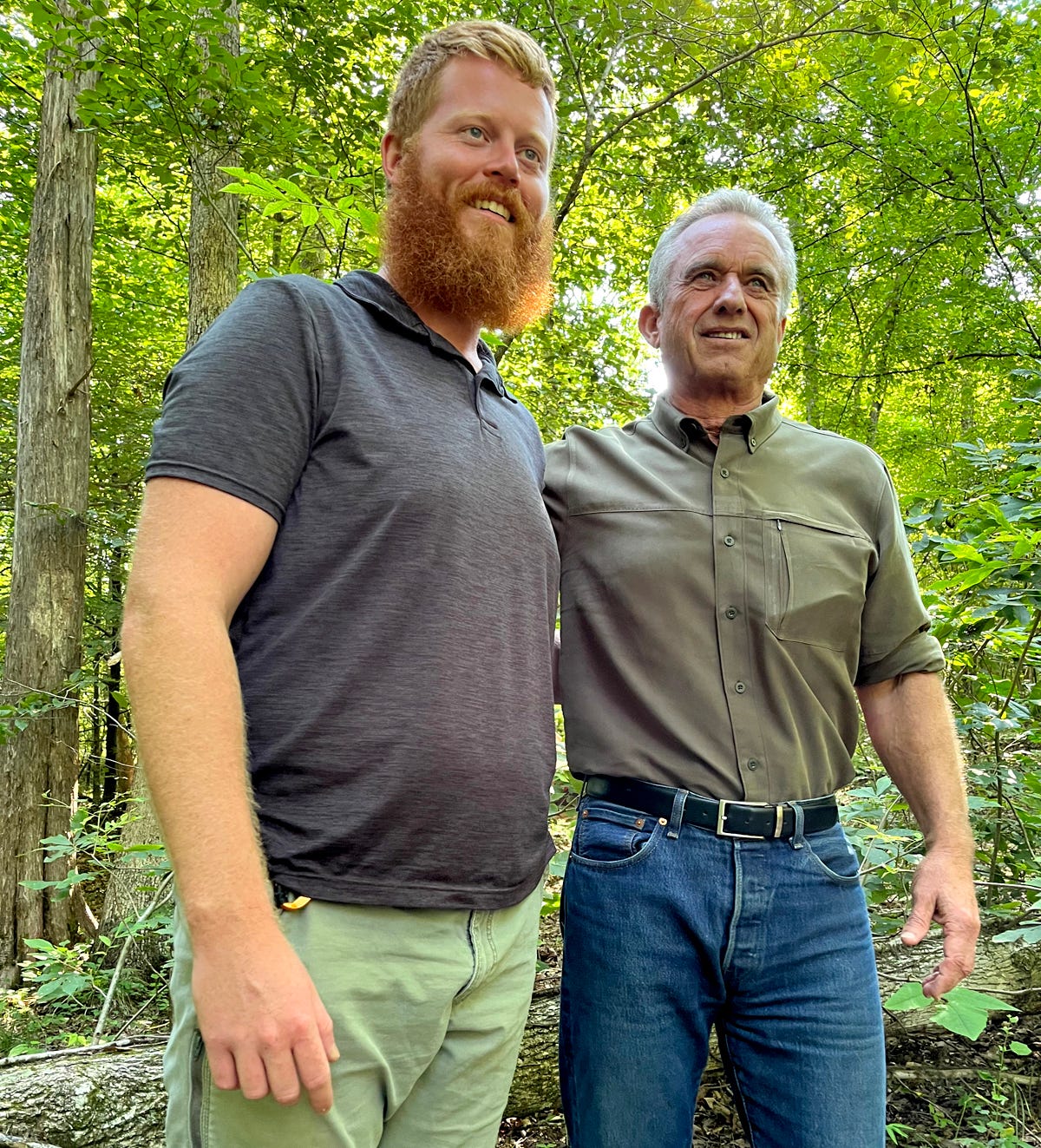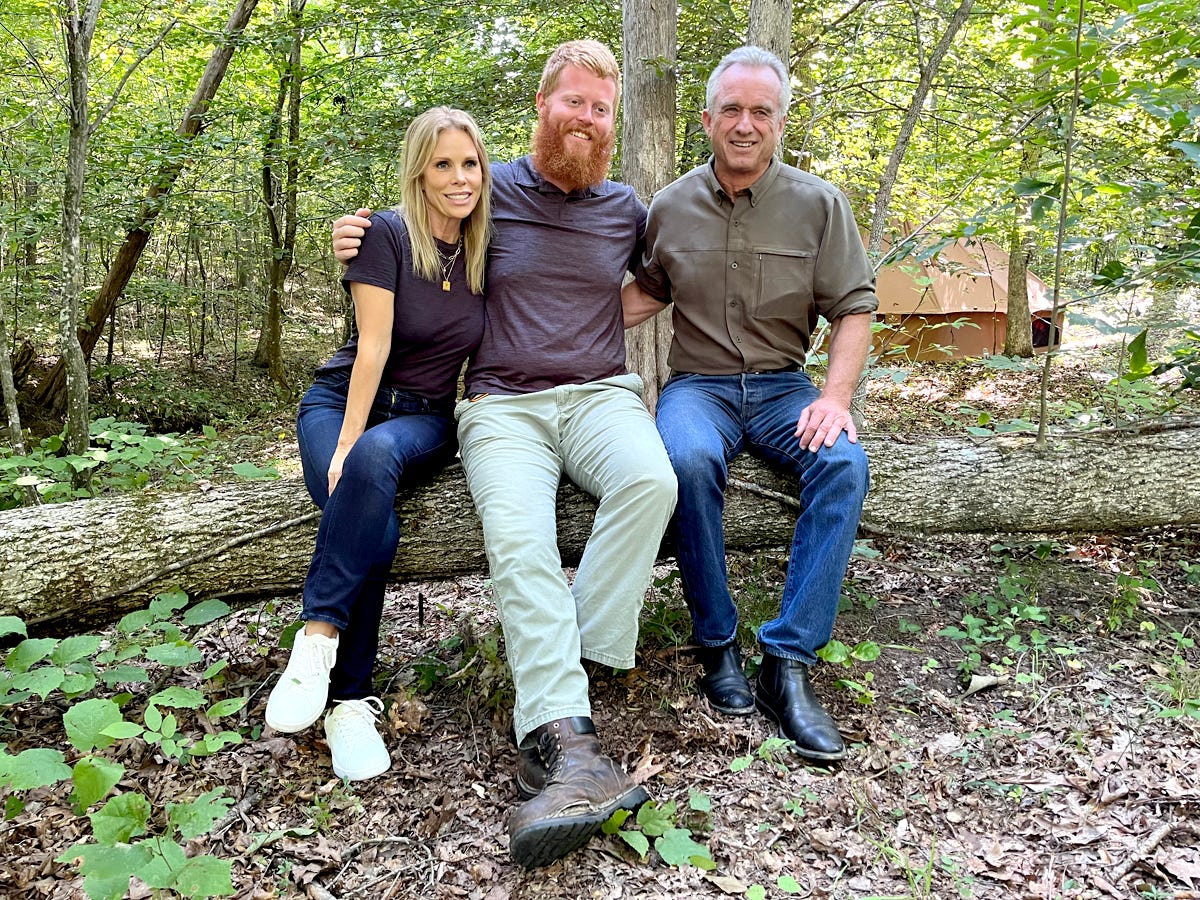Striking a deep chord with millions of increasingly desperate Americans, Oliver Anthony’s self-recorded musical lament, “Rich Men North of Richmond,” rocketed to the number one spot on the charts in August, amassing more than 66 million views on YouTube alone.
One commenter observed, “He’s not just a country singer. He’s a singer for our country.”
Oliver Anthony’s anthem captures the overwhelming sense of despair among our working poor as they watch the American Dream disintegrate along with any hope that their children will lead better lives.
“I’ve been sellin’ my soul, workin’ all day / Overti me hours for bullshit pay / So I can sit out here and waste my life away / Drag back home and drown my troubles away.”
Oliver’s song is an anthem of angst representing hitherto invisible men in a declining empire whose dream has become a nightmare. His song vividly depicts the nexus of state and corporate power that resides inside the D.C. Beltway, 110 miles north of Richmond. Oliver understands how this power complex has systematically strip-mined Americans of their equity, their hope, even their sanity.
Those in power have made a mockery of our claim to being the world’s exemplary democracy, and Oliver calls out the totalitarian flavor of economic oligarchy: These “rich men north of Richmond” who are steadily shifting wealth upwards want, in his words, “total control,” these men who “wanna know what you think, wanna know what you do.”
The rigged system enriches corporate behemoths and their political minions while, as Oliver sings, “folks in the street, ain't got nothin' to eat.” As real income diminishes, American workers reap the wages of economic, moral, and cultural disintegration. The alienation creates the true epidemics of our time: depression, mental illness, alcoholism, and addiction.
Overdose and suicide have our young men “putting themselves six feet in the ground.” And even government food programs serve the mercantile interests of the food industry and industrial agriculture, as processed foods like “fudge rounds” fuel obesity and intensify the cycle of despair.
Yet, where there is defiance there is also hope. That hope comes from healing our divisions. Oliver sees America's crisis as a class war, and he is distressed by the identity politics that keep the working poor locked in orchestrated conflict with each other: Left vs. Right, Republican vs. Democrat, Black vs. White.
His words arouse hope for the healing of these divides. One need only look at the hundreds upon hundreds of response videos by Black men to see the stirrings of a powerful and unifying populist movement.
Oliver isn’t just passively waiting for that day when outrage boils over and Americans reclaim their heritage. Instead, he is determined to use the fame America has given him to contribute to a national turnaround, to create an oasis where broken Americans can replace despair, fragmentation, infighting, and addiction with spiritual renewal and a sense of community.
“Rich Men” is more than a protest song, for it also heralds a popular awakening. When he sings, “It’s a damn shame,” that’s not just a lament, it is also a repudiation of this state of affairs. The elite creators of all this despair, he says, “don’t think you know” what’s going on, “but I know that you do!”
Yes, you do know. The people know. They are waking up, and his words put the plutocrats on notice that Americans will not forever tolerate their boots upon our necks.
In early August, I visited Oliver on his grandfather’s farm in Virginia, not far from the Appomattox Battlefield. The Civil War–era trenches and breastworks that crosshatch the farm ever remind him that the bloodiest wars are tribal and that the most deadly conflict in American history was the one in which we fought each other.
Oliver splits his time between the farm and a remote wooded encampment where he lives a spartan life in a tent and small trailer with his pregnant wife and their two young children. He and I both hope that his homestead can serve as a pilot site for my proposal — announced in July — to build free healing centers in depressed communities across the nation, places that help reclaim a generation beset by depression, PTSD, loneliness, addiction, and mental illness.
Since the 1980s, we’ve built prisons in these same depressed communities to warehouse our devastated young people. In fact, prisons have become the number one social program for young men. It’s time to turn our national attention to healing people instead.
Oliver and I share a faith in the miraculous powers of nature, community, clean nutritious foods, and dignified work. We believe these things can restore our country, our planet, our public health, and our spiritual vitality. We envision regenerative agriculture and greenhouses where residents will grow wholesome organic food, learn skills, and take a break from cell phones and screens.
We spoke together with hope about the potential to reclaim our lost young people. We both felt a real possibility of national renewal. Oliver described this project during his recent podcast with Jordan Peterson.
Oliver is an impressive man, pleasant, intelligent, spiritually grounded, humble, and soberly aware of the challenges ahead. He has infectious humor, a tantalizing sense of irony, and a deep commitment to humanity. Like most of us, his family and friends have been touched by addiction, depression, and overdose. These painful experiences are touchstones for Oliver’s wisdom, spiritual maturity, and musical inspiration. He has also gained many practical insights into the limitations and failures of conventional treatment options.
I’m proud to support him, whatever the outcome of my Presidential campaign, to make this healing center a reality, and if we are so blessed, the first of many more to come.






As RFK Jr. has done with all the problems of his campaign focus, he has a plan, in this case Healing Centers. As a man of his word, he will move on that plan “whatever the outcome” of his campaign. We need this man as the leader, ‘our national leader’, who identifies our problems and has specific action plans to take on these problems.
Refreshing to hear from and about two fellows I admire, Robert and Oliver.
I don’t second guess Roberts intentions even for a second. The man has been at it, honestly for many decades. Love that he can listen and debate respectfully, think critically and holistically. He is the real deal. And I want to add he has a spiritual awareness which to me is like gold during these times.
Oliver has a great voice and sings with heart and soul.
Why shouldn’t we celebrate these two sharing time with each other?